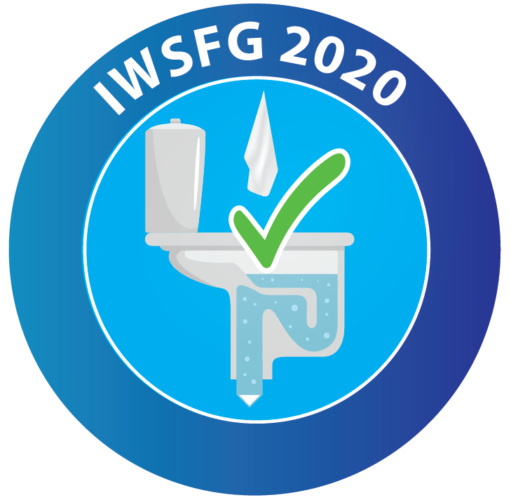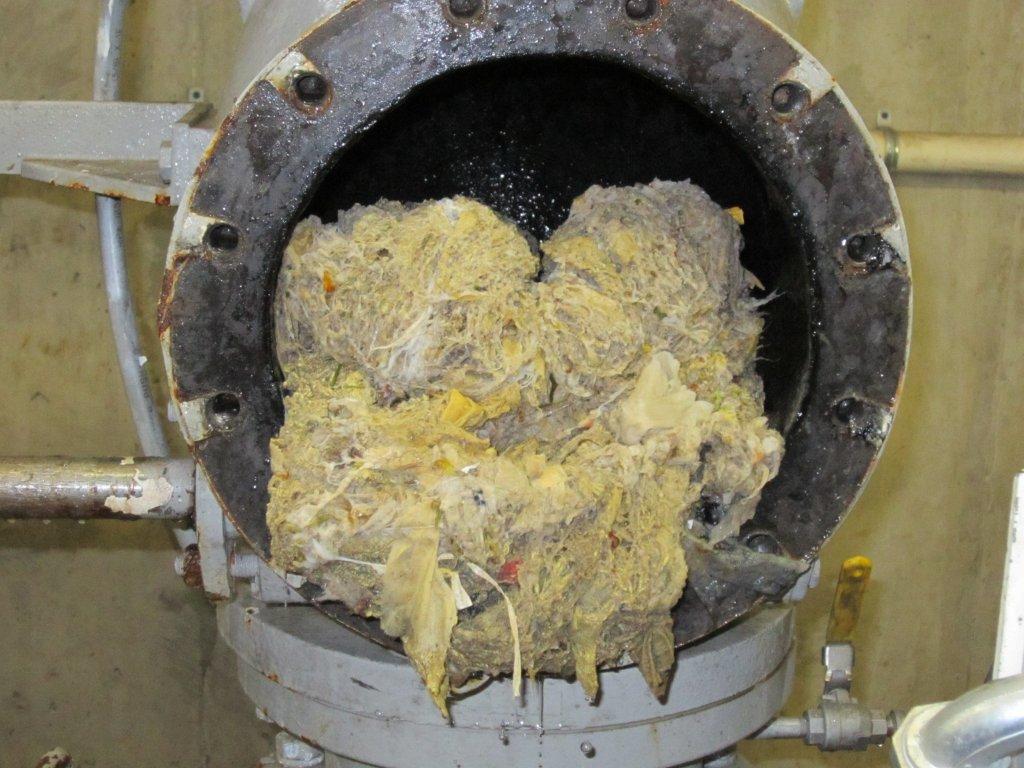In the absence of a sector wide definition of flushability, a group of international water experts have developed a Publicly Available Specification (PAS). The PAS aligns with the key aspects required for materials to be compatible with sewerage infrastructure as defined through the International Standards Organisation (ISO).
“The internationally agreed upon specification is a great step forward,” said Dr. Greg Ryan, chair of the International Water Services Flushability Group (IWSFG).
The PAS was developed by the International Water Service Flushability Group (IWSFG), a group formed in 2017 following the publication of the international water industry position statement on non-flushable and ‘flushable’ labelled products. The IWSFG is pleased to release the 2020 PAS as a revision to the 2018 version following a critical review process.
“The PAS’s documents provide a base from which Canada can develop [its] own flushability standards, using a specification derived by water utility representatives with expert knowledge of the sewerage system and what is necessary for its protection,” said Robert Haller, executive director of the Canadian Water and Wastewater Association (CWWA).
The IWSFG specification is supported by national water utility organisations in Australia, Canada, Japan, New Zealand, Spain, and the United States of America.
The six member countries of the IWSFG have established and agreed to specifications that clearly define the way products such as wipes should be tested to determine whether they are flushable. This is a global initiative because it is a global problem.
IWSFG has created a logo that manufacturers can use on their products. The logo will clearly identify to users that the product has passed the IWSFG flushability criteria. The public should look to only flush products with the IWSFG logo or the three P’s—pee, poop and (toilet) paper.

While the IWSFG specifications are a major step forward, it is up to individual countries, particularly their water utilities and citizens, to determine if and how they will be adopted. Ideally, they will be adopted to form a National Standard on Flushability within Canada. This would ensure not only a clear definition of what is flushable, but also provide clarity on what label consumers should look for to ensure the product meets the criteria.
In the absence of such a national standard, the IWSFG recommends that all toilet users adopt the approach that only the “3P’s—pee, poop and (toilet) paper” should be put in the toilet. The IWSFG criteria acknowledges other items are flushable when they pass the testing specification. Consumers are then able to make an informed decision on what to flush.
It is important not to treat the toilet as a garbage can. Other items of recent concern being flushed are gloves, masks, paper towel, condoms, feminine hygiene products, facial tissues, and fats, oils, and grease.
Header Image Credit: City of London Wastewater Treatment Operations.









